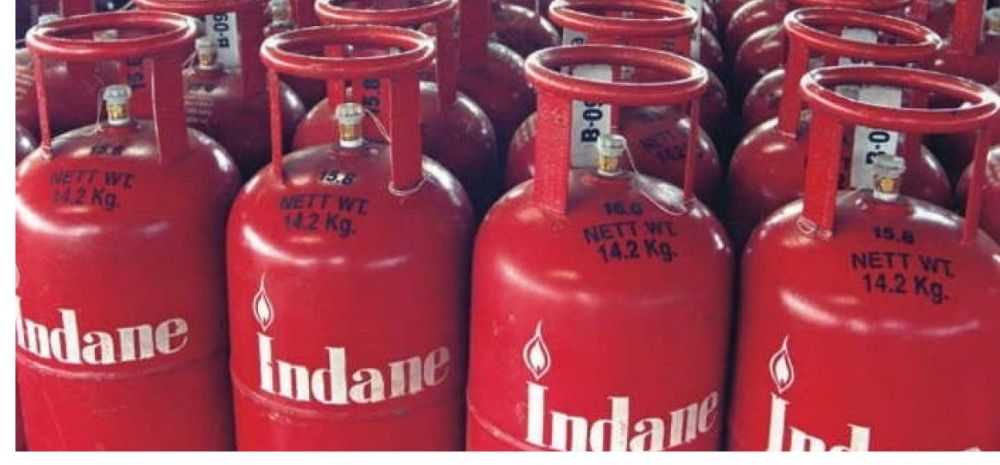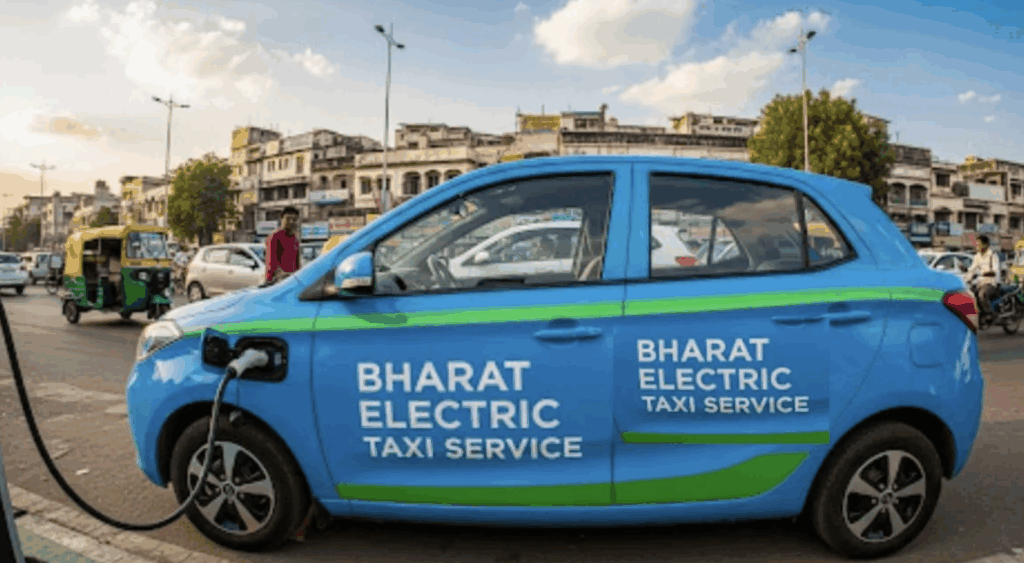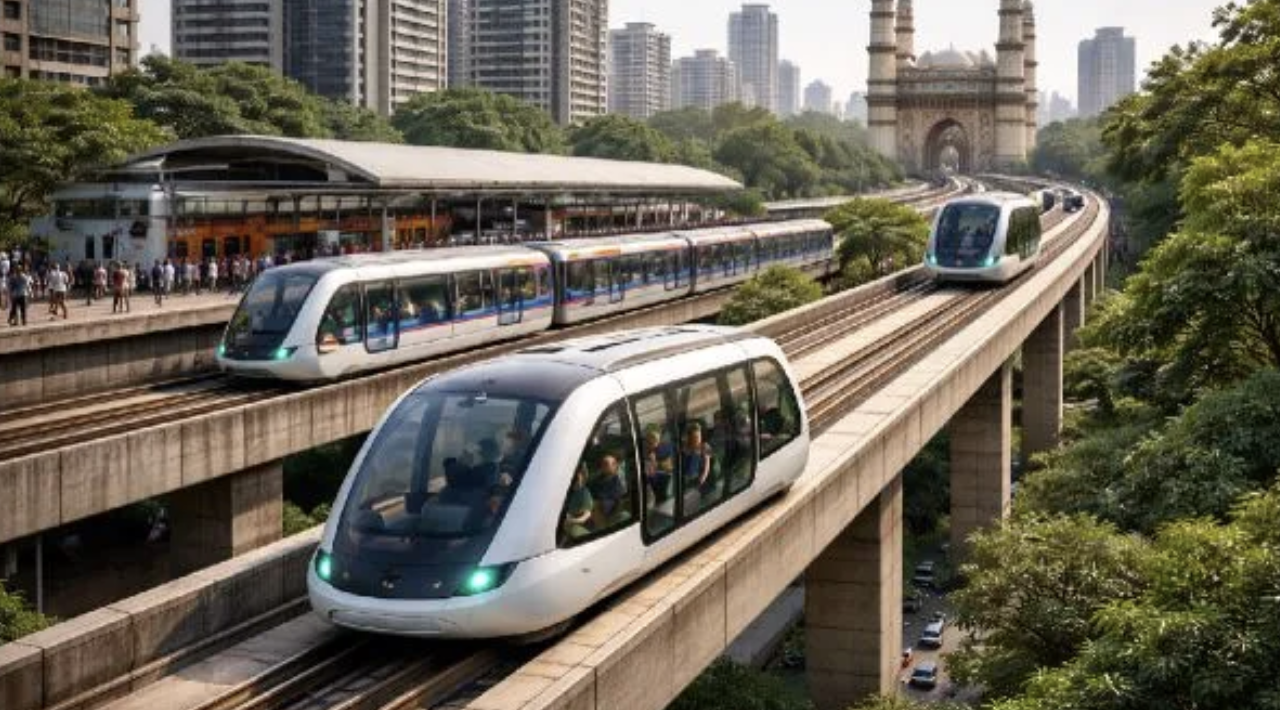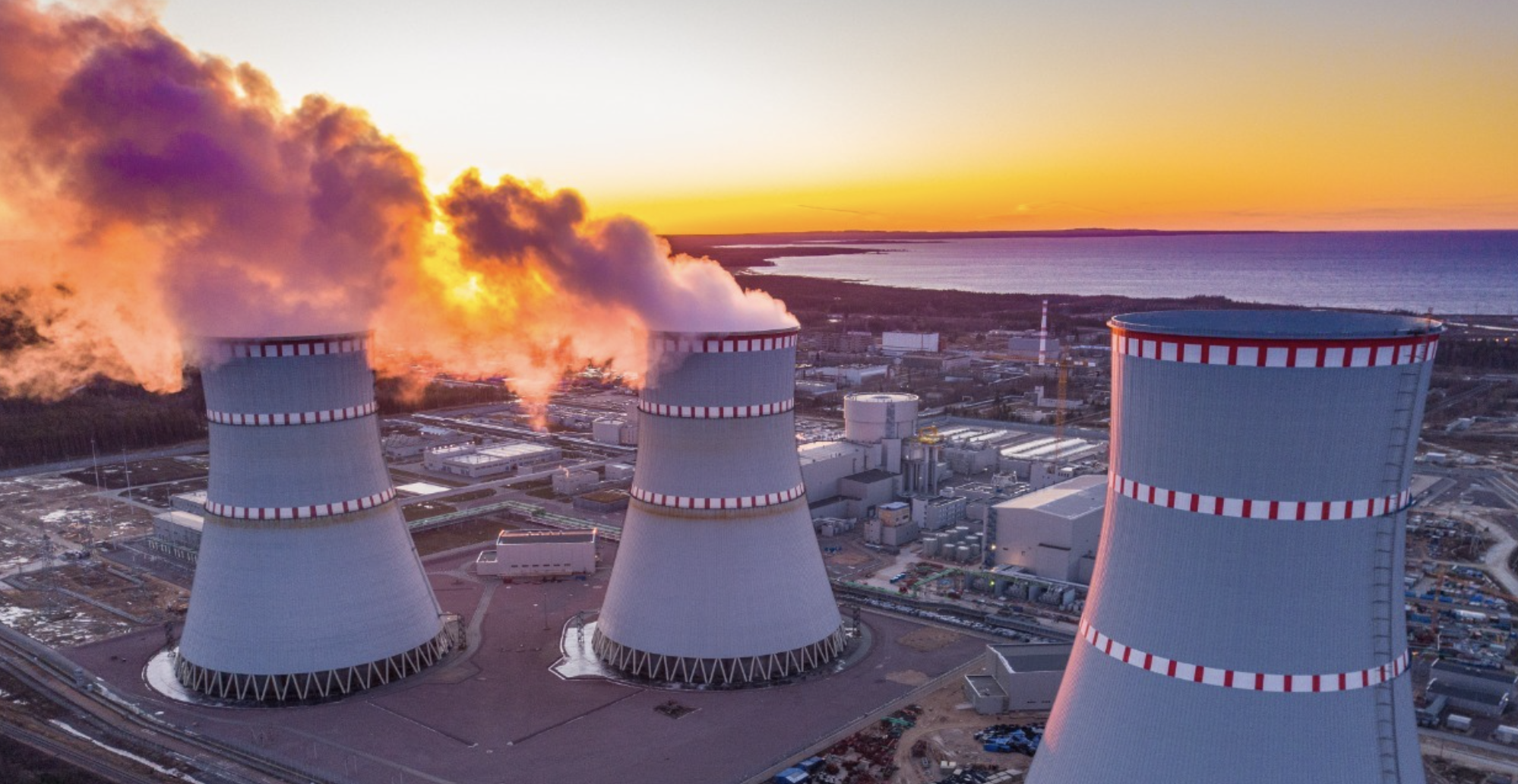In a move that will impact households across the country, Union Petroleum Minister Hardeep Singh Puri announced a ₹50 hike in the price of domestic LPG cylinders. This revision applies to both subsidised and non-subsidised users.

- For Ujjwala Yojana beneficiaries, the new price of a 14.2-kg LPG cylinder will be ₹553 in Delhi, up from ₹503.
- General category users will now pay ₹853, up from ₹803.
This is the first domestic LPG price revision since March 2024, when prices were reduced by ₹100. LPG prices vary across states due to differences in local taxes.
Commercial LPG Cylinder Rates Slashed by ₹41
In contrast to the domestic LPG hike, commercial LPG cylinder prices were reduced by ₹41 last week. This brings some relief to businesses such as hotels, restaurants, and food vendors, who rely heavily on commercial gas for daily operations.
Excise Duty on Petrol and Diesel Increased
The government also raised excise duties on petrol and diesel by ₹2 per litre each, effective April 8, 2025. According to the finance ministry’s notification:
- Petrol excise will increase to ₹13 per litre
- Diesel excise will rise to ₹10 per litre
However, this hike will not be passed on to consumers. Instead, oil marketing companies (OMCs) will absorb the increased duty, aided by recent drops in international crude oil prices.
Retail Fuel Prices May Drop If Crude Trend Continues
Despite the excise hike, retail fuel prices could actually come down, said Hardeep Singh Puri. If global crude prices remain low, OMCs may slash prices in the coming weeks.
The government expects this duty hike to boost revenue, especially since the petroleum sector already contributed ₹1.22 trillion in the first half of FY25 — nearly half the previous fiscal’s collection.
What It Means for Consumers
- Higher cooking gas costs for all households
- No immediate change in petrol or diesel pump prices
- Possible fuel price cuts in the near future if crude oil continues to fall
The balance of tax revenue generation and consumer relief continues to shape fuel pricing policy in India.












